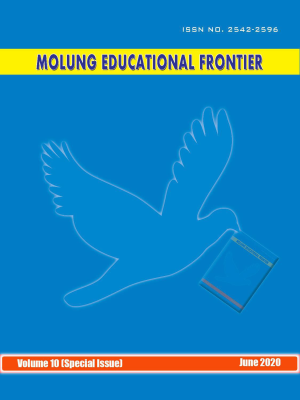Internet Public Sphere as a Counter-Public Sphere: The Question of Effectiveness
DOI:
https://doi.org/10.3126/mef.v10i1.34037Keywords:
Public Sphere, Counter-Public Sphere, online digital protests, Internet, Social Networking SitesAbstract
This article explores the nature of public and counter public spheres by studying some existing scholarships on these topics. It discusses the nature and efficacy of internet, especially the Social Networking Sites, when it comes to serving as public and counter public spheres to facilitate discussion and deliberation within a democratic setting. It then relates the feminist groups of Nepal, who have been relentlessly staging online protest movements against the existing citizenship provision in the constitution of Nepal, with the counter-public groups as described by Frazer. It finally delves into the question of how effective these counter-public groups have been in achieving their proclaimed aim of amending the citizenship provision. Through the literature review of existing literatures on these topics, it elaborates on the possible reasons behind the limited effectiveness of advocacy and protests that take place in the online or digital public sphere. Some of the reasons explored are lack of accessibility to the online platform run through internet, inequality in terms of the accessibility to these platforms because of the digital divide created by caste, gender, and class, disproportionate representation of the voices of social groups, failure of internet based protest movements to ignite enough interest and engagement in the public to bring any major change, and failure of online discussions to follow the high ideals set for deliberative democracy. The paper concludes on a note that in order to make such internet, particularly the Social Networking Sites, based discussions and deliberations more effective and change-causing, there is a need to come up with structural and more formalized procedures to connect such internet based deliberations with the real decision making process.
Downloads
Downloads
Published
How to Cite
Issue
Section
License
© Molung Foundation




